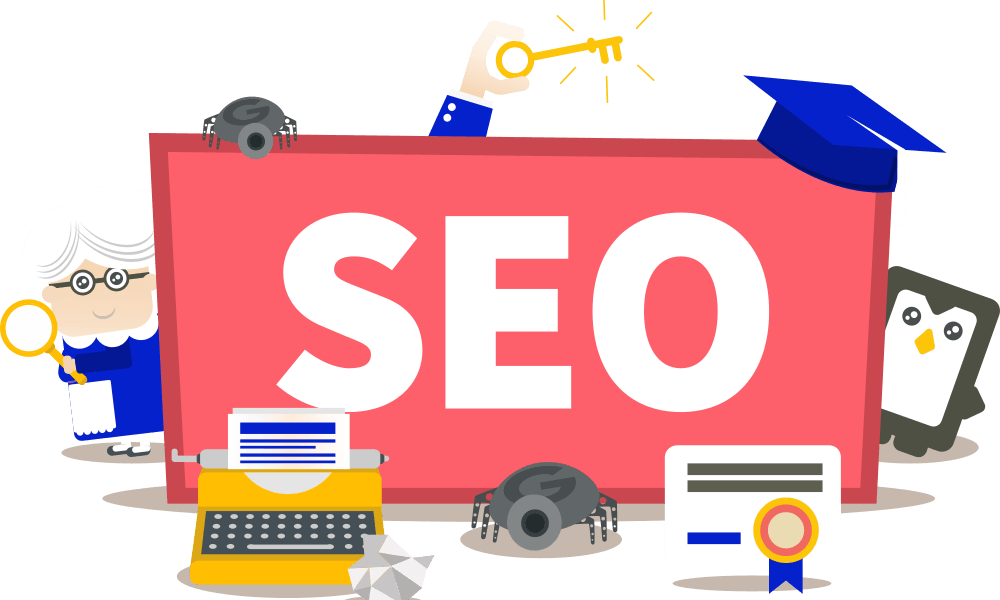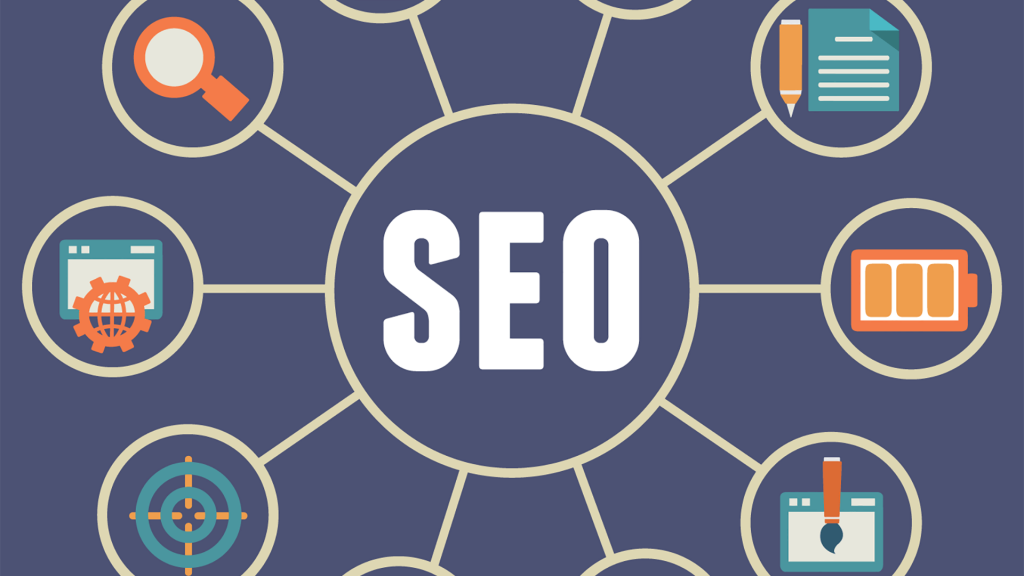
What are the distinctions between paid and organic search?
Are you just getting started with SEO? Maybe you’ve noticed that SEO can help your website receive more traffic and higher ranks, but you’re not sure how it works or where to start? You’ve arrived at the correct location. Continue reading to learn what every digital marketer needs to know about SEO. It’s critical to learn the differences between organic, natural search (also known as SEO) and paid search right away. There are five major distinctions:
Position
The first distinction is that paid search results display above organic results on search engine results, whereas organic results appear below them.
Time
Another significant distinction between sponsored and organic search is the amount of time spent on each. Paid search results are almost instantaneous, often even in minutes, whereas organic search results take weeks, months, or even years to appear. As a result, the organic search must be approached in a medium- to long-term manner.
Payment
When it comes to payment, paid search traffic is paid, as the name suggests. PPC (pay-per-click) and CPC (cost-per-click) are terms used to describe how much you spend for each click. This means you’ll be charged a fee each time someone clicks on your ad. Rather than depending on organic traffic, you pay Google to display your ad when a visitor searches for your term. Organic search traffic is free, yet it does necessitate a financial and time investment.
ROI
Paid search is actually more easier to assess in terms of return on investment, or ROI. This is partly due to the fact that Google provides additional keyword data for you to collect in Google Analytics. Paid search, on the other hand, can see its ROI stagnate or fall over time. Organic search ROI is a little more difficult to quantify, but it usually improves over time. Organic search can provide a very strong return on investment in the long run.
The percentage of traffic
When it comes to traffic, about 20% to 30% of searchers click on paid results, while 70% to 80% of searchers click on SEO results. As a result, the organic results receive the lion’s share of clicks.
Similarities between paid and organic search
It’s not just about the contrasts; paid and organic search has certain commons as well:
- Keyword research: Both paid and organic search employ a search engine, and both need a user to enter a keyword. As a result, you must conduct keyword research for both organic and sponsored searches.
- Landing pages: Both forms of searches necessitate the creation of landing pages. The landing page must be linked to your website for SEO purposes. It might be the same landing page you use for organic search, or it can be a whole distinct standalone page of your website for paid search.
- Traffic: Both paid and organic search has the purpose of generating traffic. Most essential, user intent is present in both sponsored and organic search traffic. That is, when someone asks Google a question or searches for information, they are in an active mentality, and as a result, they are more likely to act on the information they receive.

For more information on organic SEO services at Republic Malaysia, click here.


